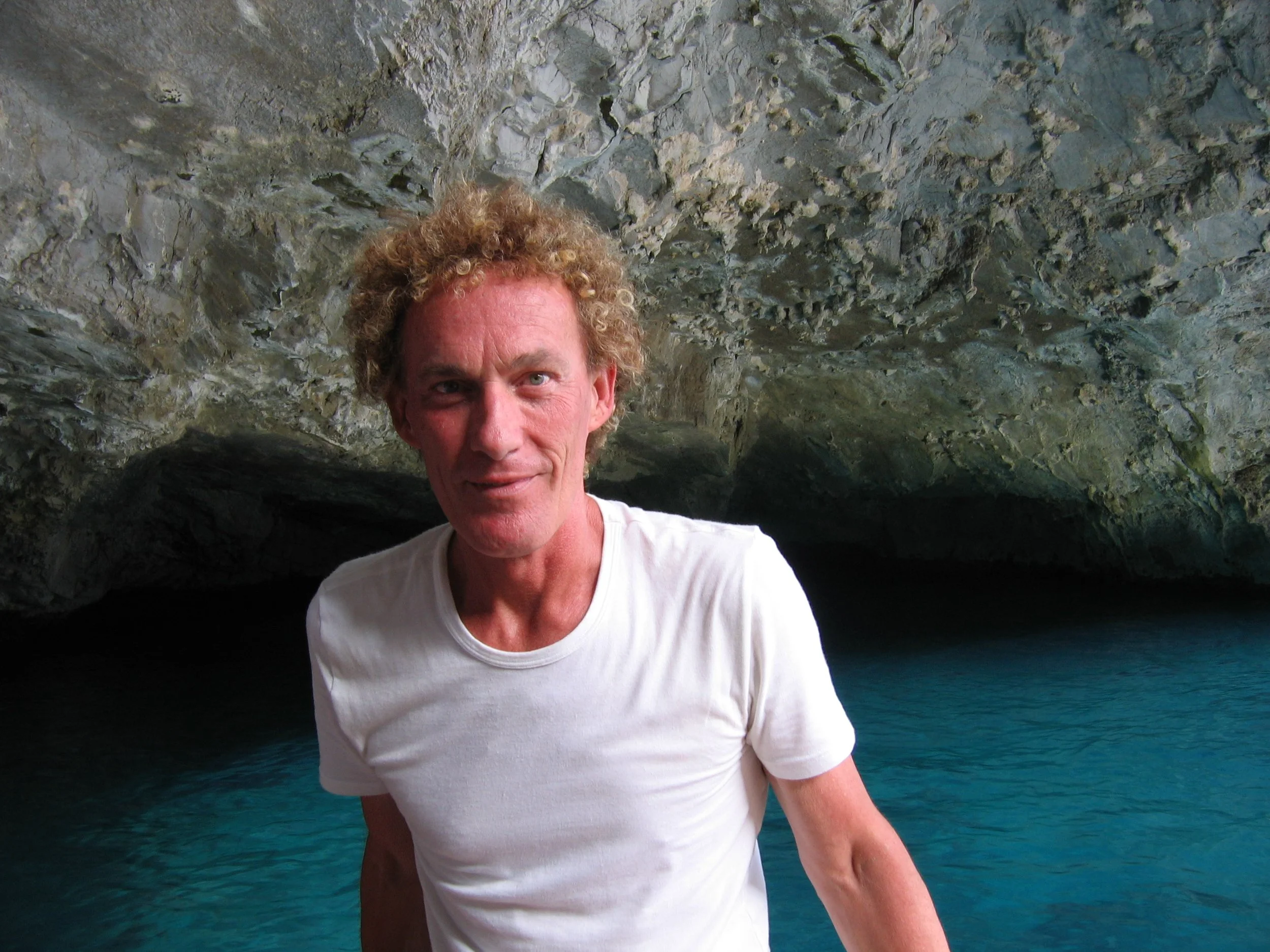DONALD ROBINSON
“The journey wasn’t
easy, but it was worth it.”
My early life was marked by confusion, pain, abuse, and a deep sense of isolation, much of
which was compounded when I lost my mom at age 7. After her passing, I was sexually abused
by a neighbor’s uncle and later by a camp counselor at age 12. As a result, I struggled with
emotions and feelings that I didn’t understand, often finding myself questioning my identity and
purpose. Because I was different than most boys, I felt out of place. At school, I was called
names (like faggot and fairy) and bullied. People around me made cruel assumptions about my
identity. In time, I started to believe those lies, especially because it seemed as if everyone knew
more about me than I knew about myself.
As a young man, my voice, which many told me sounded effeminate, made me feel as if I was a
man trapped in a girl’s body. The pain and loneliness were overwhelming, and I became
desperate for acceptance. The abuse I endured as a child, the bullying, the mockery—it all piled
up until I became convinced that I was a mistake.
When I reached a point of no return, feeling hopeless and desperate, I made the decision to turn
to God. The year was 1974 and at that time, I didn’t know what the gospel really meant, but I felt
the Lord drawing me. I was at the end of myself—broken, lost, and lonely. Having run for so
long, I was caught in a cycle of destructive behaviors. But on that day, when I knelt and asked
God to come into my life, I experienced a peace that I had longed for my entire life.
Sadly, even though I had found Christ, my struggles were far from over. Deep down, I still
struggled with my sexual identity. Because I wasn’t firmly rooted in my newfound faith, I
returned to the very things that had once ensnared me—homosexuality, unhealthy relationships,
and self-destructive behaviors, including other harmful sexual sins. I even turned to prostitution
to find happiness, but it only deepened my misery. I became physically ill, contracted diseases,
and found myself more broken than ever.
In the midst of my sadness, however, something began to shift. My sister, who had been
influenced by the gospel, unknowingly planted seeds in my heart. She had embraced Christianity
before dying with ovarian cancer in 1984, and unbeknownst to me, her words about Jesus
lingered in my subconscious. Decades later, God would use the seeds she (as well as other
ministries in the Toronto area) planted to draw me back to Christ.
When I hit rock bottom in 2020, I finally faced the devastating impact of my choices. In that
moment, I was ready to embrace authentic change, and I turned earnestly back to God. I began
reading the Bible, listening to sermons, and seeking His guidance. Slowly, and miraculously, I
started to understand that my past didn’t have to define me. God’s grace was bigger than my
mistakes.
Through a program called Celebrate Recovery, I began to heal and rebuild my life. I connected
with others who were struggling with their own hurts, habits, and hang-ups. The journey wasn’t
easy, but it was worth it. I found a church that felt like home, a place where I could serve others
and be part of a community that supported and loved me. I began to find purpose in helping
others, whether by volunteering at my church or participating in community events.
I’ve now been living in freedom for the past four years. Though I still sometimes battle old
temptations and feelings, I know that I am not alone. I belong to a family, not just of blood, but
of faith. I am forgiven, and I am being transformed daily. As I continue to walk this path, I am
reminded that God has plans for me, and I am learning to trust in Him more with each passing
day. It hasn’t been easy, but with God’s help, I know I can keep moving forward, one step at a
time.




